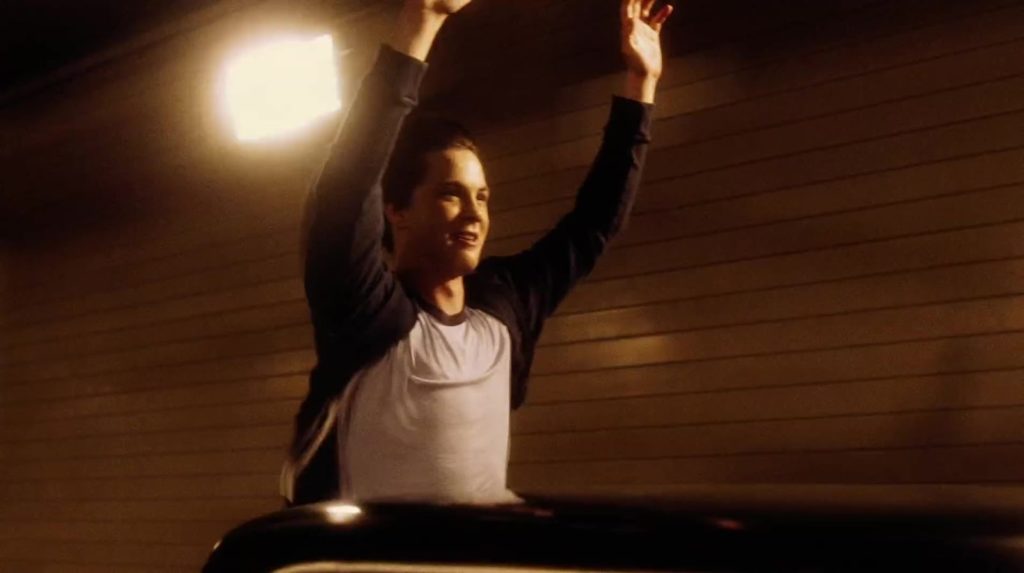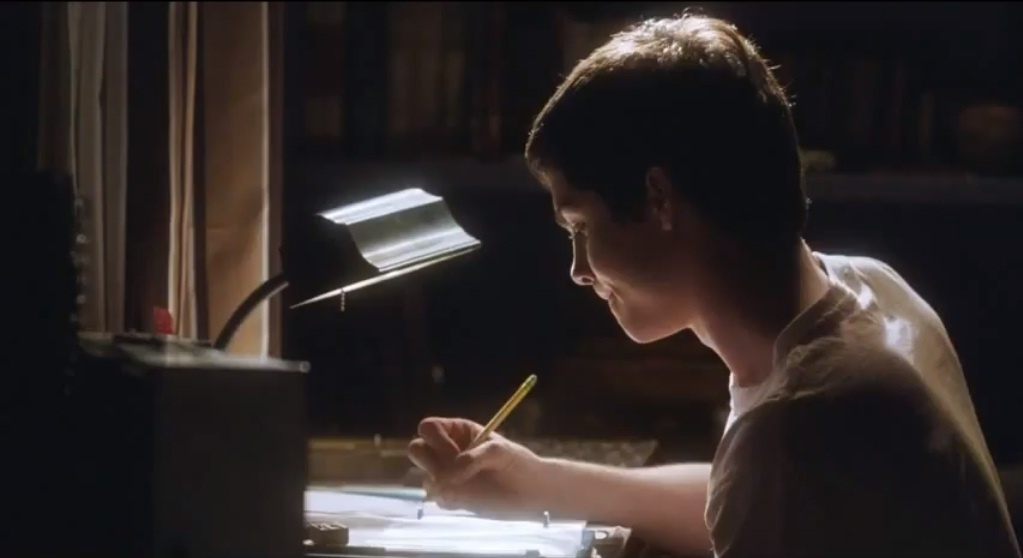
2012 was a game-changing year for me. As a soon-to-be 12-year-old, every day was as stressful as it could get as my secondary school choice depended on how well I did for the exams. On top of that, I also felt the constant stress of peer pressure and family expectations weighing down on me. I started questioning my interests because, for years, I had been conditioned to please friends and family with what I liked, and what I think they liked, which included the movies I watched. No longer did the discovery of new interests feel voluntary.
School was never a safe place for me. I was bullied for the most insignificant things for years. There were definitely more times than I could count when I felt alone and isolated in a classroom due to my conflicting interests.
I found solace through movies and TV shows, but I sometimes had to hide my interest in certain titles if it was not considered appropriate enough for my male peers to like. This included Disney animated films. Unlike most children, I grew up watching fairy tales like Beauty and the Beast or Sleeping Beauty. People thought that was bad, but their reactions got worse when watching these led me to—wait for it—Barbie movies. Despite the fact that Barbie movies were made for little girls (or so I’m told), there was something about early Barbie fairy tales that made them almost classic, particularly Barbie’s renditions of The Nutcracker or Swan Lake. These renditions, in particular, got me to appreciate Pyotr Ilyich Tchaikovsky’s musical scores, which has now led me to appreciate other scores from movies I come across.
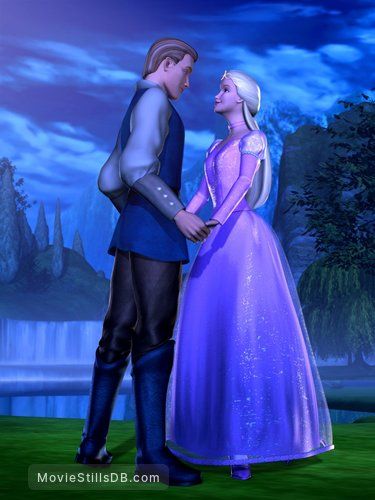
However, meeting a boy who not only watches fairy tales but Barbie fairy tales? A peer might think that something was wrong with him. Watching Barbie movies at home wasn’t exactly ideal either. I had to hide that from everyone, including family relatives I was close to. These days, parents try to avoid getting their kids, especially little girls from watching or reading fairy tales because it would plant the idea that women need to be ‘saved’ by men. How do fairy tales affect thinking from a boy’s perspective? Does it make him think that he needs to be saved, or that it influences him to be feminine?
I disagree. It actually plants the idea that a man’s sole duty is to save the damsel in distress. In other words, watching princes being portrayed in stories like these brings about a perception that men need to be strong and brave to overcome an issue. Boys are not to cry, show vulnerability, or express emotions that do not show off superiority or aggression. That was how I was influenced through fairy tales, excluding the fact that I enjoyed movies like these due to the ‘wonder and magic’ of it all, as opposed to it encouraging me to be more ‘feminine’.
I thought I had to be these things when deep down I knew I was not. When I was younger, I never deemed myself courageous or strong (in whatever sense of the word) because I would let my emotions bring out the worst in me. Whether I liked it or not, I was more in touch with my vulnerability than most guys in my class. And that did not make me… normal.
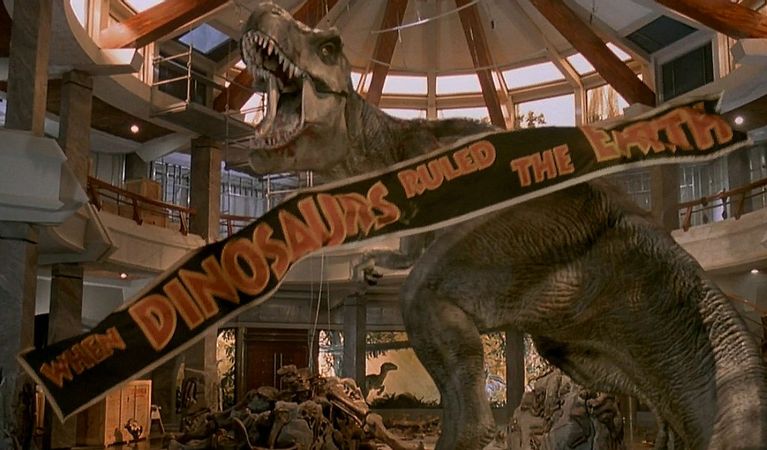
Nobody complained about movies like Jurassic Park or The Incredibles because dinosaurs and superheroes are what boys were supposed to like. In school, I came across classmates that loved superheroes and dinosaurs, and with those interests, I managed to gain some rep with the boys.
I gained interest in much weirder films as I got a little older, between the ages of four and five. I had seen stop-motion features like Tim Burton’s The Nightmare Before Christmas and James and The Giant Peach, but it was not until Tim Burton’s Corpse Bride and Alien vs Predator that I realized I had a guilty pleasure towards the macabre and aliens. I had probably seen the aforementioned films one too many times as a child. I was probably the only kid in school who had seen those movies because I don’t think anyone else ever talked about it. Moreover, it bothered my family members more that I had a crush on an animated decaying bride than I was a Xenomorph stan. But as I approached the ages of between six to eight, looking at these movies in retrospect not only widened my scope for entertainment; they also brought me to understand that there was more beyond what looked pretty and what was perceived as good—that the world was more grey than black and white.
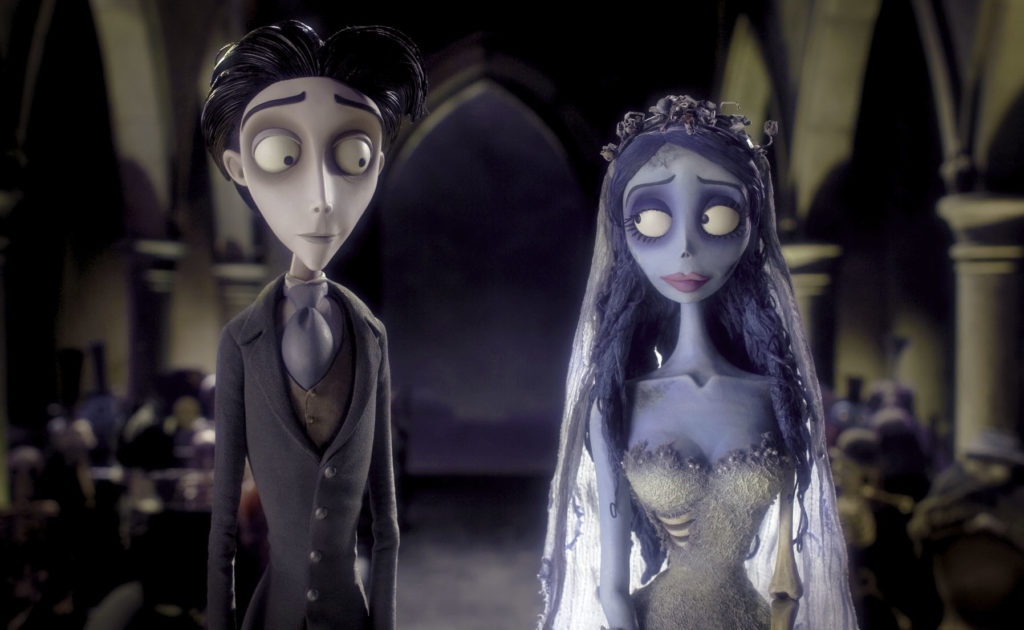
For example, Emily from The Corpse Bride was a complicated character literally plagued with self-deterioration. Emily was murdered on her wedding day and returned as a reanimated corpse in order to find another to marry, but she learns by the end of the movie that she only needed to love herself and that self-realization finally lets her rest in peace. This theme only occurred to me when I rewatched it as I entered my teens, and it has resonated with me ever since.
Another complicated theme also resided within Alien vs Predator. Nobody could tell who the enemy was since both the Xenomorphs and Predators were feared by humans. It is only until the end that Lex Woods realizes that the Predators, despite their attempts to hunt and kill humans in the past, only wanted to keep the human race intact and not be enslaved by the eventual invasion of the Xenomorphs. Like Lex in the third act of that film, I always tried to find the will to trust and help others despite their backgrounds.
Soon enough, triggered by the exposure of a long-spanning High School Musical fever, I too fell in love with musicals. As a toddler, I had an aunt who got me to watch classical musicals like The Sound of Music and Mary Poppins to keep me occupied while she enjoyed black and white Tamil movies (which were also always musicals). According to some people, many people dislike musicals because they are not realistic. There’s no one out there in the world who would sing their frustrations out or belt out a love ballad when they meet the ‘one’. But nobody ever wonders how, according to some perspectives, aliens and superheroes could be argued as unrealistic as well –perhaps due to musicals not bringing the same adrenaline rush people would usually expect when going to see a movie. Of course, I do not feel this way for any of the aforementioned genres because there’s always something unrealistic in fiction.
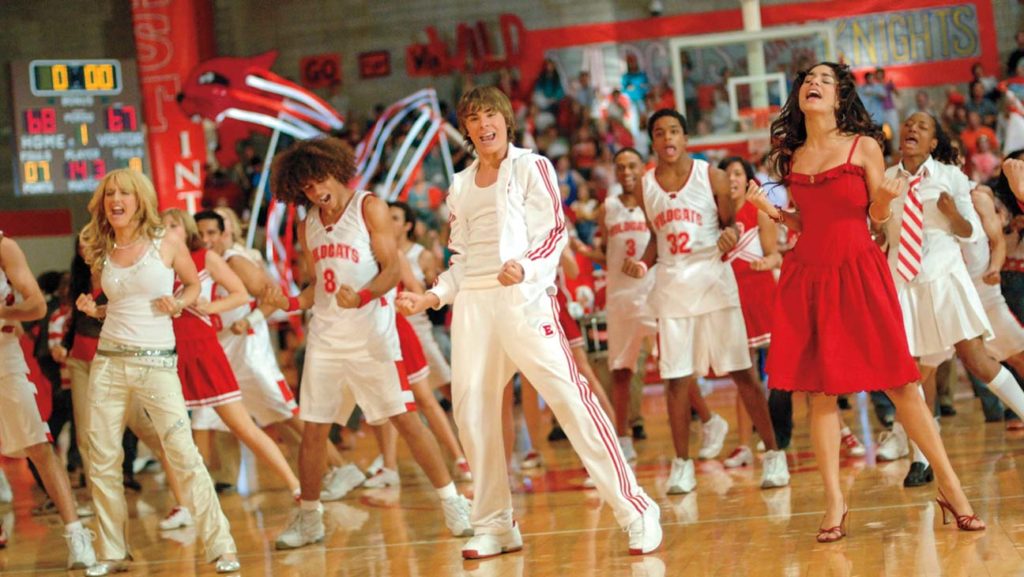
But the main problem was when my love for musicals intersected with my peers in school. Once again, I was ridiculed because musicals were not ‘ideal’ for boys to watch. Yes, musicals were obviously unrealistic and they usually included themes of love or coming-of-age, but there is something illicit in how characters are allowed to sing in public in this genre. For example, when you start muttering the words of a song stuck in your head as you are queuing up to buy Starbucks coffee, and someone notices you singing or humming it, you immediately stop. You get shy or embarrassed because you might look crazy or weird. Because looking or being happy-go-lucky is a strange way to act in the real world. I am sure that a number of people agree with me on this because singing in public is considered an abnormal act.
While boys at school talked about Ben 10’s new alien form or what DC villain the Teen Titans knocked out that day, I was more interested in what was going on on the Disney Channel with shows like Wizards of Waverly Place or with Zack and Cody in their sequel show, Suite Life on Deck. I also especially kept up with Hannah Montana. Unfortunately, being a fan of Miley Cyrus was also considered ‘wrong’ since the show was targeted towards girls, while I, on the other hand, should have been into God knows what at this point.
I was really starting to give up pleasing people (as I, in retrospect, should have) when an uncle of mine who was an enthusiast towards comic books, superheroes, and everything sci-fi led me to the Transformers franchise, which I found considerably enjoyable at the time (that interest has stayed dead since the lackluster The Last Knight film). Everyone was happy that I finally had an interest in something boyish, and I was pretty happy I’d finally found something that everyone had no problems with.
Then The Avengers took over cinemas in May of 2012 and it changed my life forever. I was introduced to Iron Man, Thor, and Captain America in their respective solo movies when my uncle had bought DVDs of the films and got me to watch them a couple of times, but it was not only until I experienced The Avengers on the big screen where I finally had the urge to learn more about this world. With that came an RPG game on Facebook which introduced me to a countless number of characters, as well as me finding out that the Fantastic Four and Ghost Rider movies I’d enjoyed when I was younger were a part of the Marvel universe. This led me to start reading and collecting comic books.
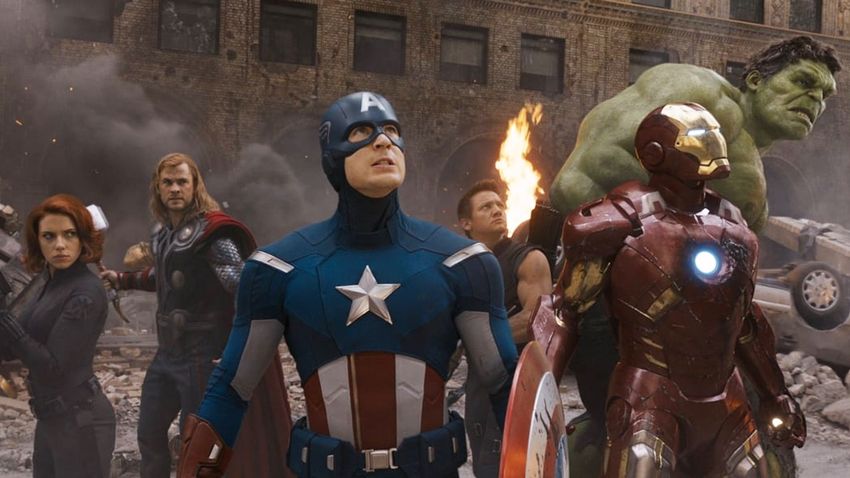
Yes, I found myself loving superheroes all through my teens, but that was when I started doubting myself. Was I actually interested in Marvel stories, or was I subconsciously forcing myself to like something boys were supposed to like? Superheroes were always something perceived as a boy’s interest by society (more accurately, boys who preferred to stay on the bleachers when asked to play sports during P.E. class), and I couldn’t help but wonder if this interest was real.
Even after 2012, I was still in an environment where a lot of the things I liked were criticized. I started questioning everything I did as a teenager, and that included my taste in movies and TV shows. I was worried so much about gaining interests that were right for everyone else and never for me. Now that I was in a situation where I enjoyed something for the sake of myself, something I was really passionate about, it was hard to rule out the possibility I subconsciously liked Marvel movies just to be accepted amongst peers and family.
It was only a few years later that I realized that it was the things I enjoyed as a child that led me to actually understand the world of superheroes. They may have a common factor with fairy tales, which is to save others, but there is also a jarring difference if made in the comparison that these heroes had superpowers, traumatic backstories, and the women are no longer damsels in distress. Lessons I’d learned from Emily, Lex Woods, and the cast of musicals, however unrealistic the latter was considered, were once again brought to light with these films. To have kindness, humility, sacrifice, and love—to be vulnerable, embrace my emotions, and accept my differences as well as everyone else’s. This led to the lessons learned through superhero movies, where I learned to empathize and sympathize with everyone, no matter the circumstances.
